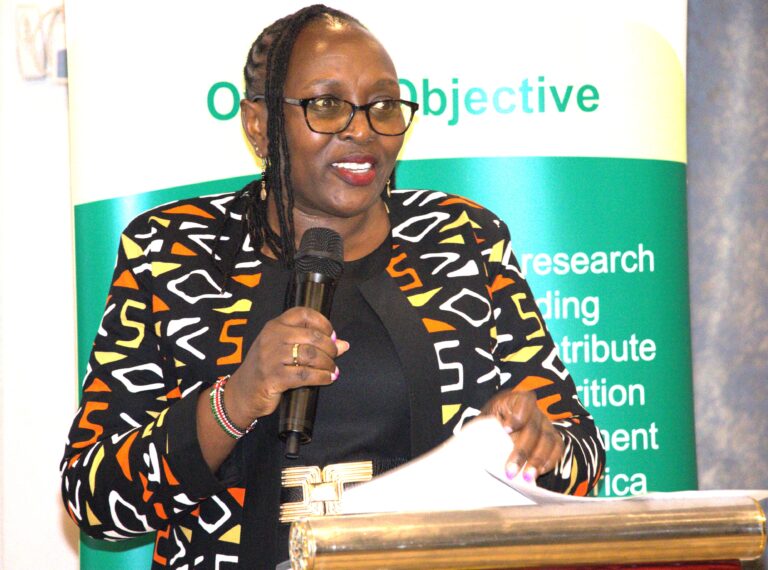Agricultural researchers, policymakers, and climate experts from across Africa recently gathered in Nairobi for a training workshop on the CGIAR Africa Agricultural Adaptation (AAA) Atlas, a digital foresight platform designed to enhance data-driven decision-making for climate adaptation and resilient food systems. The session aimed to build technical and institutional capacity for National Agricultural Research and Extension Systems (NARES) across 15 African countries.
The AAA Atlas is an open-access decision-support tool that consolidates climate, environmental, and agricultural datasets to guide the development of climate-resilient strategies. It integrates major datasets such as CMIP6/CHIRPS and AgMIP ensemble projections to assess climate risks, identify adaptation options, evaluate women’s vulnerability to climate hazards, and estimate the economic impact of adaptation investments.
Officials at the training described the Atlas as a transformative tool that can accelerate policy formulation, strengthen climate resilience, and enable governments and researchers to prioritize investments based on solid data. Participants noted that the tool will empower decision-makers to design scientifically sound, socially inclusive, and locally relevant solutions that can directly benefit farmers.
Experts emphasized that the Atlas will improve access to accurate climate advisories, guide crop selection, and enable better-targeted investments in agriculture. These improvements are expected to translate into more resilient harvests, higher farmer incomes, and stronger food systems. However, they also stressed that the true value of the training lies in how effectively institutions apply the Atlas to shape policies and programs that lead to tangible results for smallholder farmers.
The workshop underscored the importance of evidence-based approaches in agricultural planning and investment. Participants learned how to use the Atlas to develop credible, data-driven project proposals capable of attracting funding for climate-smart technologies and practices. By grounding research and policy in verified data, institutions can design more impactful interventions to tackle challenges such as drought, soil degradation, and pest outbreaks.
The training also highlighted the growing role of digital and artificial intelligence tools in supporting agricultural innovation across Africa. By improving access to reliable data, the AAA Atlas is expected to help African institutions strengthen project pipelines, access climate finance, and advance digital transformation for climate-smart agriculture. Ultimately, the tool represents a major step toward a more data-driven and climate-resilient agricultural future for the continent.

